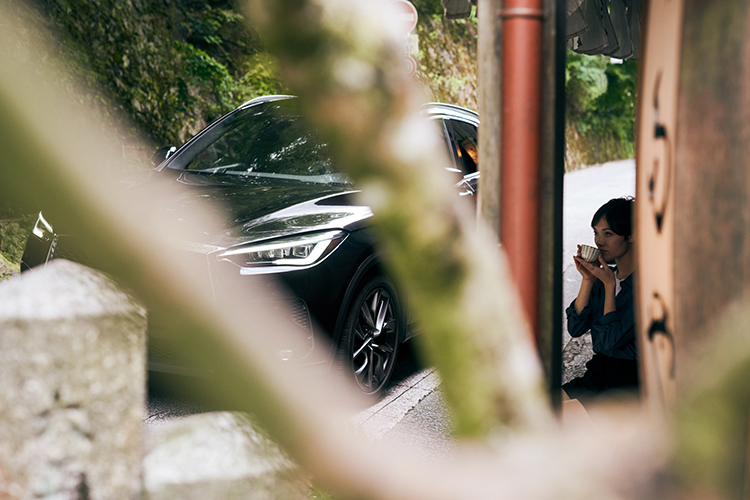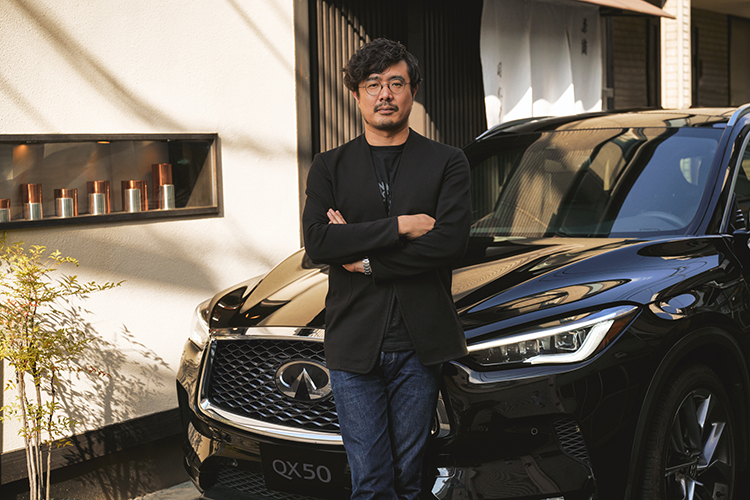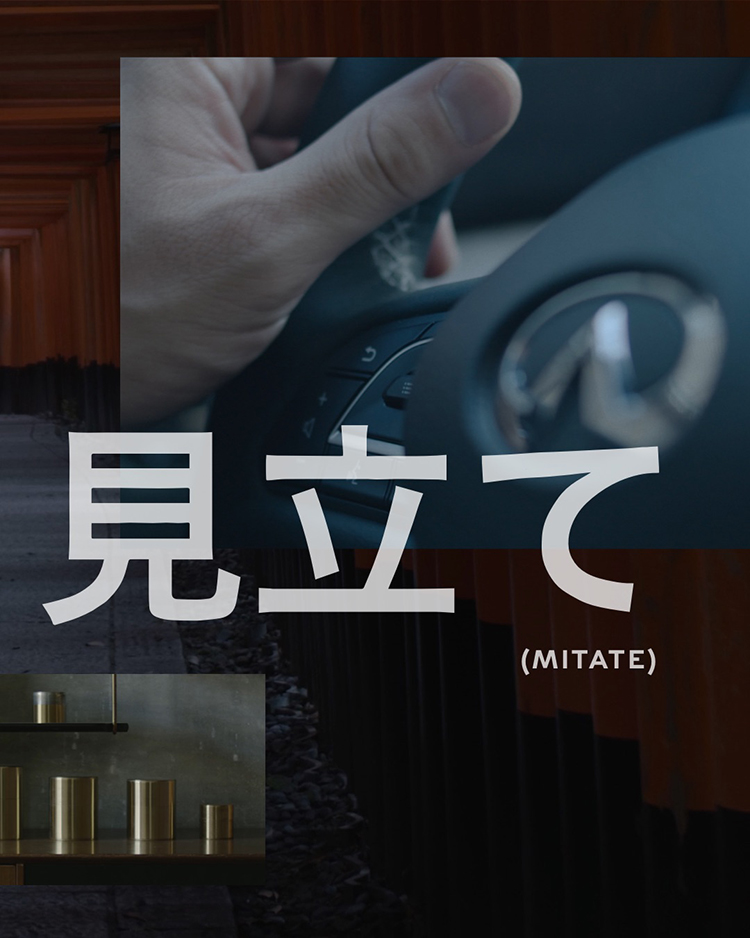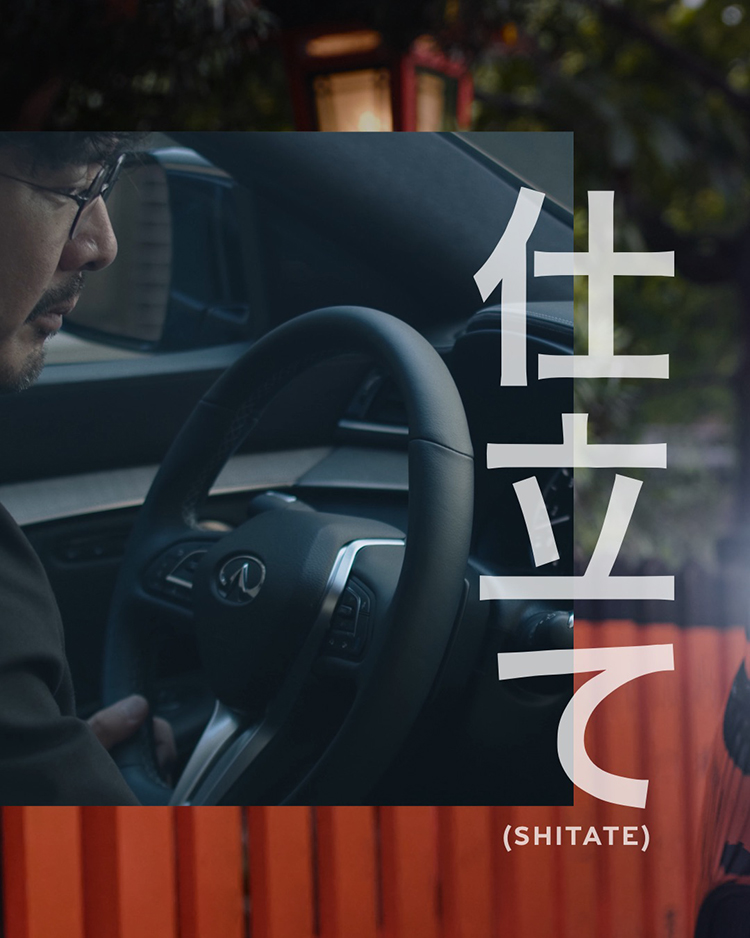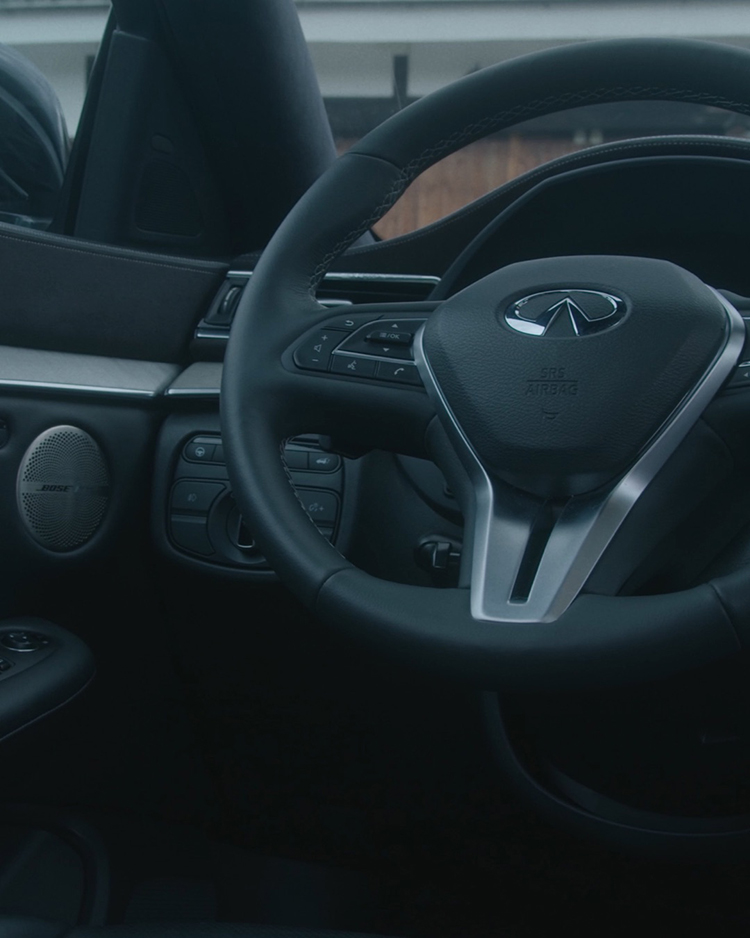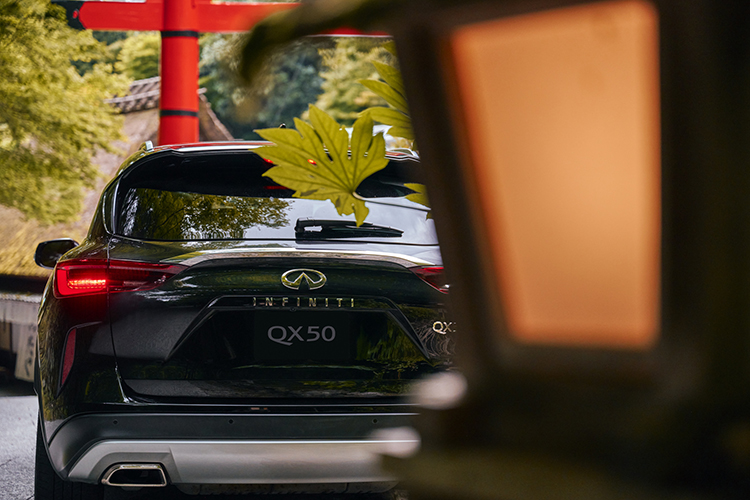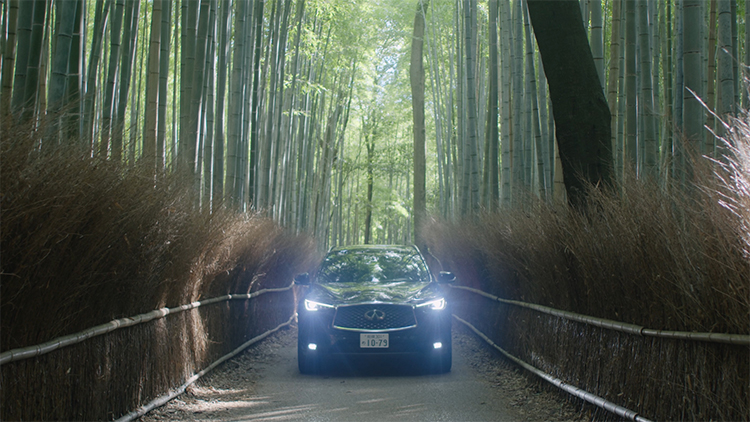KYOTO, Japan — The water in the Takase flows quietly past Takahiro Yagi's workshop in Kyoto today. It flows today the same way it has for more than a century.
The soft rains fill the Takase canal, once dug to bring vital commerce to Kyoto, and moistens the narrow roads that wind through the city bristling with tech and heritage in equal turns. Cherry blossoms reach over the shallow canal. Weathered wood bridges span the 10-foot stretch along the streets.
The nearby Shosei-en Garden is an old-world oasis with tea houses and lush gardens down the road from Takahiro's workshop. Across town, Shijo street is a modern mecca for nightlife in Kyoto; bright lights and shopping fill the streets during the day and night.
Kyoto blends its history and future like few cities can.
Takahiro can clearly hear the trickle of the Takase today outside his doors as he carefully shapes his wares. His father did it the same way. His grandfather, too — and beyond.
Takahiro is a sixth-generation craftsman in Kyoto and labors in his family's business in many of the same ways his ancestors did when the workshop first opened in 1875.
Takahiro is a master craftsman at Kaikado, and he creates tea caddies by hand, each day. The caddies are renowned for their quality and craftsmanship, which takes 10 years to learn for each apprentice he takes on. The tools he uses are the same his grandfather used, lovingly worn down over decades of work and care.
His tools and the materials Takahiro works with embrace the Japanese philosophy of "mitate." The objects, metals, and tools that Takahiro uses to shape each tea caddy are elemental — almost raw — but conform to create a beautiful airtight seal for the tea leaves in the tea caddy that can last for decades. In the same way that pebbles in a Japanese Zen garden flow to create the feeling of water, the malleable tin and brass that Takahiro shapes and sculpts make a literal and figurative pillar of quality that endures.
"What we strive for as Japanese is not to simply make something, but to take extreme care in shaping and composing," he says.
"Shitate" is the concept Takahiro uses to bring out the best qualities in his chosen materials. It's the reason the running water outside his workshop can be heard inside; each tap of his hammer reveals a sound that he uses to gauge his work. It's the skilled execution that only a master artisan can have and one that requires attention and detail to every material. Forming each caddy involves cooperation from the metal just as much as it requires a hammer and anvil to shape each part.
"Because our tea caddies are used for multiple generations, this is something we place great importance on," he says. "Thus, making something not only clean and simple but with detail and lasting interest."
Outside, Takahiro runs his hands over the INFINITI QX50 in the same ways he feels the tea caddies. His finely tuned fingers can feel each stitch, bend, and contour in the steering wheel and leather-appointed seats. Takahiro says he notices the mitate (material selection) and shitate (execution of those materials) in the QX50's interior the same way he looks at his family's lifelong work.
"In design, it's important to make something that's not only simple and clean but also creates a lasting sense of comfort," he says.
It's been that way since the beginning for Takahiro and the QX50. The QX50's interior materials were intentionally selected for their natural abilities to contour and shape the already decadent cabin. Designers deliberately chose open-pore wood with tactile grains for their inherent beauty. Instead of endlessly sanding, lacquering, and forcing the wood to conform to the QX50, INFINITI designers select wood and materials that complement the structure of the luxury crossover.
The same is true with the supple semi-aniline leather appointments available in the QX50 that complement the cabin's serene atmosphere.
"The work of Japanese artisans who produce extraordinary products with care, dedication, and painstaking precision serve as an inspiration for us," says head of INFINITI global design Taisuke Nakamura. "Curating materials and assembling them in a way that delivers an appearance and ambience that is greater than the sum of its parts is something that INFINITI strives for."
The contrasting color schemes available inside the QX50 were selected for their natural complimenting feel and grain. Each swatch of leather and suede seamlessly hands off to the next, ending with intention and precision.
It's a feeling that Takahiro knows. His tea caddies close effortlessly without force and blend the base into the top with beautiful precision. No container he creates is complete until it closes by itself, a sign of quality and endurance that will last as long as its owners.
The unending search for that material perfection is why the Takase River's quiet flow can be heard inside Takahiro's workshop. He won't listen to music, but instead he listens to the metal. He can hear when the strike is perfect, and the bend is sound.
It's that quiet confidence he finds inside the QX50's cabin, which is just as peaceful, calm, and serene.
# # #
About INFINITI
INFINITI Motor Company is headquartered in Yokohama, Japan with operations around the world including regional offices based in the Americas, China and INFINITI International Markets based in Dubai. The INFINITI brand of premium automobiles are assembled in manufacturing facilities in Japan, North America and China. INFINITI design studios are located in Atsugi-Shi near Yokohama, London, San Diego and Beijing.
More information about INFINITI and its industry-leading technologies can be found at www.INFINITI.com. You can also follow INFINITI on Facebook, Instagram, Twitter, LinkedIn and see all our latest videos on YouTube.
INFINITI Communications Contact:
Aileen Clarke
Manager, INFINITI U.S. Product Communications
(949) 359-1112
aileen.clarke@infiniti.com

